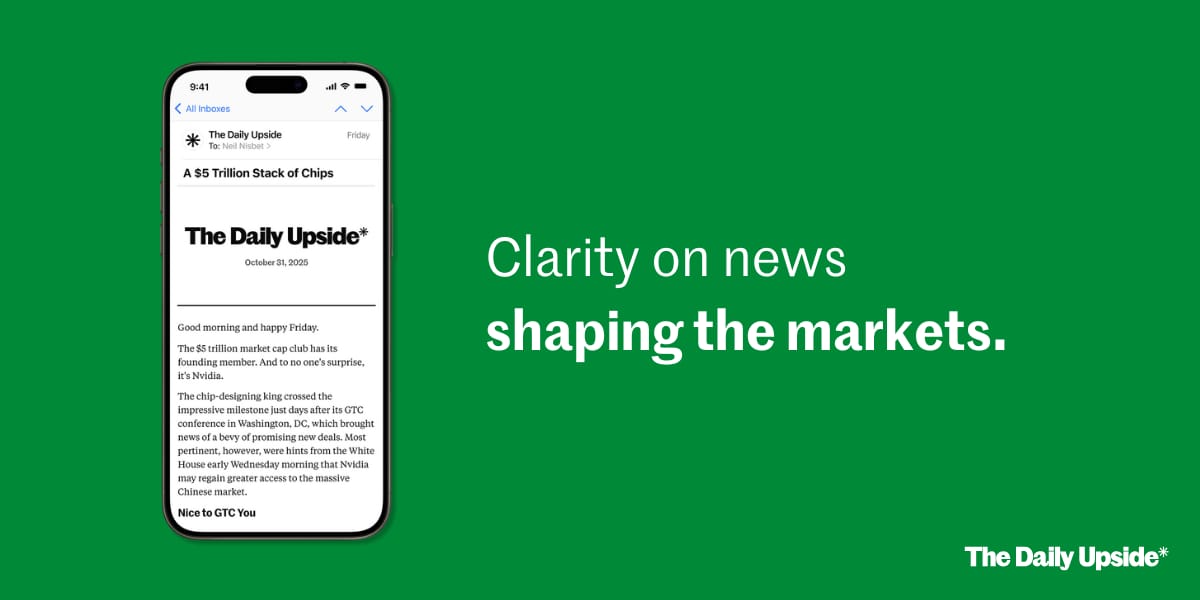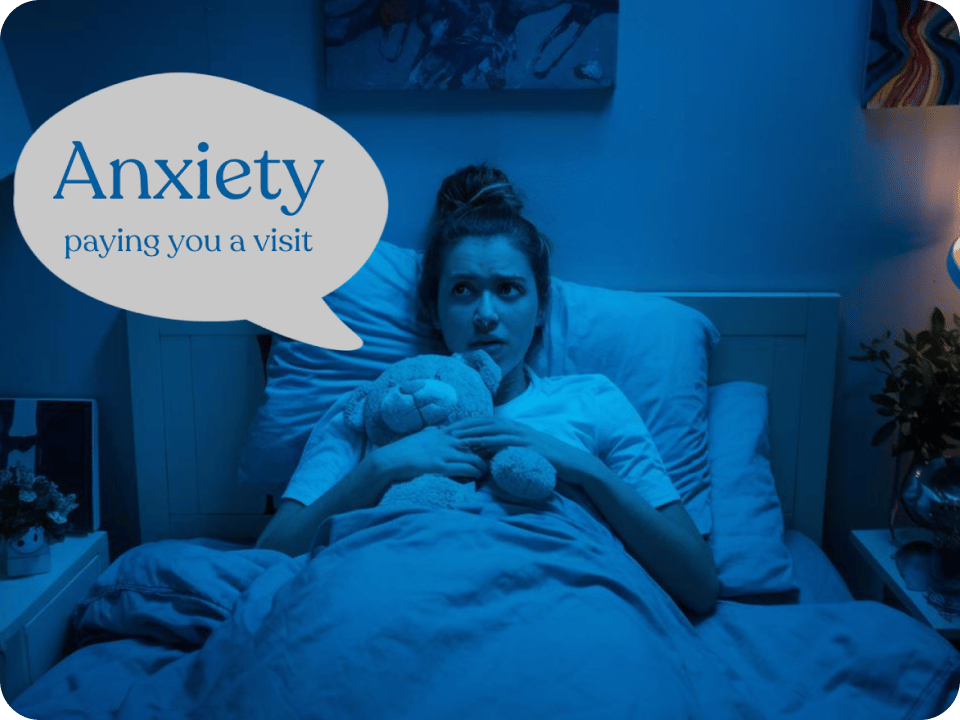✨ Unraveling Anxiety in a New Light
🧩 The Planning–Anxiety Connection
🔬 What Science Is Teaching Us
🌱 Sol Bites: How to Plan Better (and Worry Less)
🎬 Video Bite: Melissa Impett on Coping With Anxiety
💫 Words of Wisdom
Welcome to Wisdom & Sol, and hello to the 1,442 people who have joined us from last week! If you're not a subscriber, become part of our community of 82,031 intelligent, curious people who want to improve their emotional well-being by subscribing here.
Unraveling Anxiety in a New Light
When you’re anxious, your mind is filled with nervous thoughts or fears about what may happen in the future. It’s a flood of “what if’s”: What if I forget my lines? What if I don’t make friends in my new city? What if something is wrong with my health?
For many of us, these fears ebb and flow. But for others, the anxious thoughts are a chronic, arduous cycle that seems impossible to turn off.
These days, many psychologists and neuroscientists are framing anxiety in a new way. Instead of treating worry as random or emotional, new research shows it might actually be the result of a planning system that's working too hard, or in the wrong way.
The Planning–Anxiety Connection
When you plan a holiday celebration, try to finish a work project, or prepare for an important interview, your brain imagines possible future scenarios and chooses the best way to move forward. Usually, that type of thinking is how we stay safe and prepared.
But in people with anxiety, this “planning system” becomes biased or overactive.
Planning begins too early, or too often, or for threats that are quite extreme or improbable.
They may not be able to stop seeking the "perfect" solution. Or they may focus on unhelpful details such as how to sit or breathe during a job interview rather than what they are going to say.
A combination of overplanning and misplaced focus leaves the brain mentally exhausted, or stuck in a loop of worry without feeling more prepared.

What Science Is Teaching Us
Thanks to new neuroimaging tools, scientists can view how the brain “pre-plays” future actions. This research gives us a view into how people with chronic anxiety plan at both conscious and unconscious levels.
Studies found that anxious individuals more often . . .
Overvalue the benefits of planning (“If I think about it more, then I’ll be safer.”)
Undervalue the costs of planning (“Even though I'm losing sleep, I need to keep preparing.”)
Set unrealistically high standards (“My plan needs to be 100% bulletproof.”)
Understanding those hidden biases helps explain why worry can feel logical but never-ending. The brain keeps “debugging” plans that were never realistic in the first place.
The good news? Your brain can recalibrate, no matter how long it's been stuck.
Sol Bites: How to Plan Better (and Worry Less)
|
|||||||||||||||||||
Takeaways
Worry is not weakness, it is a signal that your brain wants to protect you.
Anxiety is a problem of planning, rather than just emotion.
Assessing your mental habits can help you learn to stop overthinking, prioritize what’s most important, and redirect the planning energy where it will do some good.
Thanks to current research being done in psychology and neuroscience, in the not-too-distant future, we’ll be able to have personalized tools that can identify and rebalance “planning biases,” helping us all think—and live—with less anxiety.
Video Bite
Sol TV Creator Melissa Impett shares a tool to help cope with anxious moments. Sometimes our memories can be our greatest comfort. Shifting to thoughts that make us feel good, even just a little bit, can make such a difference.
Words of Wisdom
If a problem is fixable, if a situation is such that you can do something about it, then there is no need to worry. If it's not fixable, then there is no help in worrying. There is no benefit in worrying whatsoever.
Help us make this newsletter even better for you! Was this issue useful? What would you be excited to read about next? Reply to this email with your thoughts and suggestions. We read every response!
Want More: Tools to Manage Anxiety
This Edition’s Sponsor: The Daily Upside
Wall Street’s Morning Edge.
Investing isn’t about chasing headlines — it’s about clarity. In a world of hype and hot takes, The Daily Upside delivers real value: sharp, trustworthy insights on markets, business, and the economy, written by former bankers and seasoned financial journalists.
That’s why over 1 million investors — from Wall Street pros to Main Street portfolio managers — start their day with The Daily Upside.
Invest better. Read The Daily Upside.
Along the Same Lines…
We love you,
Mona & The Sol TV Team ❤️
Lastly, some housekeeping…
If you can't find this newsletter, check your spam folder. If it’s there, mark it as “not spam.”
Whitelist our email. Add our email address [email protected] to your contact list or your Primary inbox in Gmail.





